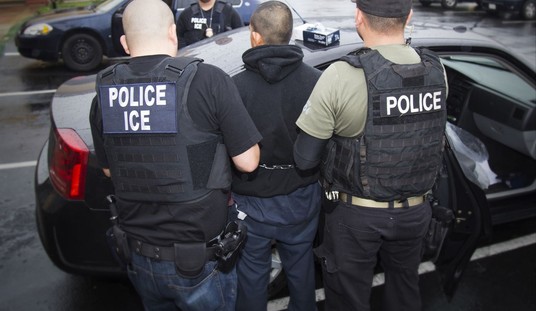
A week ago U.S. District Judge Derrick K. Watson in Hawaii denied an emergency motion challenging President Donald J. Trump’s so-called travel ban. Hawaii and a local imam sought to have grandparents and other relatives exempt from the executive order, which the Supreme Court allowed to partially be implemented in June.
Yesterday, a week later, Judge Watson decided differently and chose to rule on the relationship question instead of deferring to the Supreme Court as he said he should just last week.
The emergency motion, was filed by Hawaii and a local imam challenged the new guidelines issued by the State Department to implement the Supreme Court June 26, 2017 ruling which lifted parts of lower court injunctions blocking Trump’s Executive Order to remain in place. The guidelines revised rules about who will be admitted as refugees or from the six suspect countries targeted in President Trump’s January 27, 2017 Executive Order Protecting the Nation From Foreign Terrorist Entry Into the United States and the President’s March 6, 2017-revised version of the order, which narrowed the scope of his original order.
The motion, meant to again disrupt President Trump’s executive orders, asked Judge Watson to clarify what the United States Supreme Court meant by a “bona fide” relationship in its ruling last month. Specifically the plaintiff’s wanted the definition bona fide relationship expanded beyond the definition of parents, siblings and spouses established under federal immigration law and previous court rulings to include grandparents, cousins, aunts and uncles.
In its June 26, 2017 decision, the Supreme Court said the administration could mostly enforce its travel ban, but said those “with a credible claim of a bona fide relationship with a person or entity in the United States’ could enter.” Judge Watson “said the relationship question would be better posed to the Supreme Court than to him”:
It is evident that the parties quarrel over the meaning and intent of words and phrases authored not by this Court, but by the Supreme Court in its June 26, 2017 per curiam decision. That is, the parties’ disagreements derive neither from this Court’s temporary restraining order, this Court’s preliminary injunction, nor this Court’s amended preliminary injunction, but from the modifications to this Court’s injunction ordered by the Supreme Court. Accordingly, the clarification to the modifications that the parties seek should be more appropriately sought in the Supreme Court.
Judge Watson’s July 6 denial of the emergency motion was even upheld by the always meddlesome Ninth U.S. Court of Appeals.














Join the conversation as a VIP Member